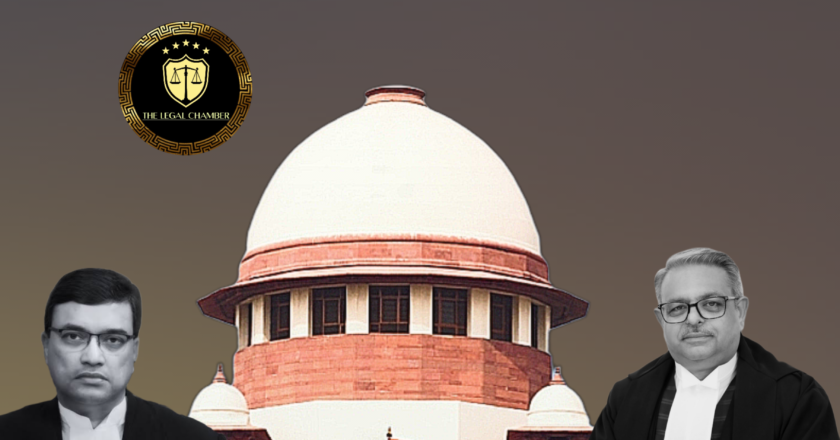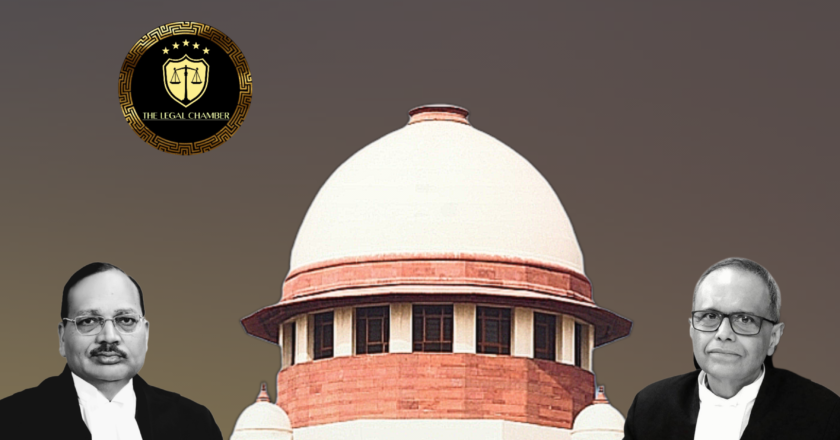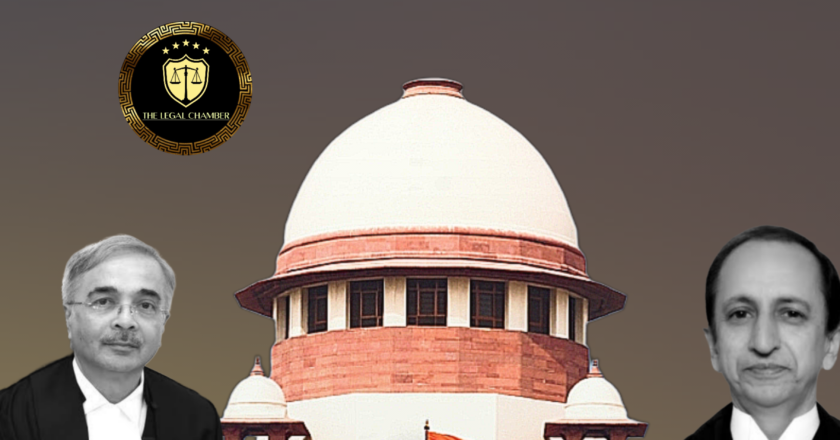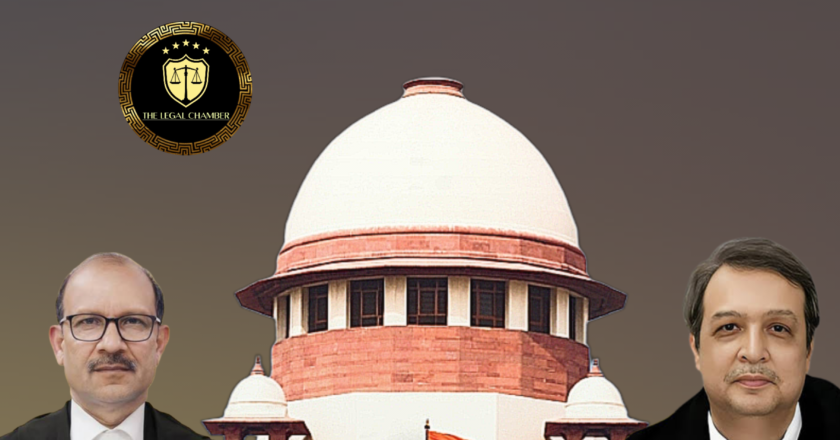Supreme Court Says :Withdrawing a Case from Supreme Court Has a Cost: No Second Chance
This Supreme Court judgement reaffirms that if a Special Leave Petition under Article 136 of the Constitution is unconditionally withdrawn without seeking liberty to file a fresh one, a second SLP challenging the same order is not maintainable. This principle, drawn from Order XXIII Rule 1 of the CPC, is grounded in public policy to prevent bench-hunting and ensure litigation finality. An appeal against an order merely dismissing a review petition is also not maintainable.
Facts Of The Case:
The appellant, Satheesh V.K., was a borrower who had defaulted on a loan from the Federal Bank, leading the bank to classify the account as a Non-Performing Asset (NPA) and initiate recovery under the SARFAESI Act. Challenging this action, Satheesh filed a writ petition in the Kerala High Cou...









